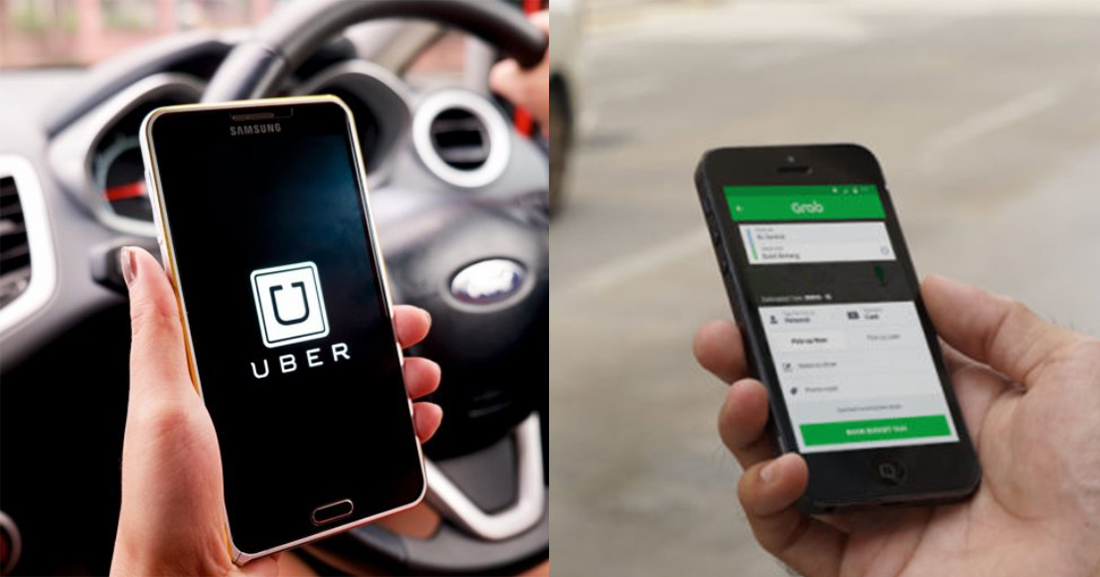The Uber app will continue to operate in Singapore for two more weeks, while Uber drivers and riders, UberEats customers, merchant partners and delivery partners will be migrated to the Grab platform.
This was announced on March 26 after Grab has acquired Uber’s operations in Southeast Asia, including in Cambodia, Indonesia, Malaysia, Myanmar, the Philippines, Singapore, Thailand and Vietnam.
What happens next
As part of the deal, Grab will be integrating Uber's ride-sharing and food delivery business into its existing platforms, and Uber will take a 27.5 percent stake in Grab.
Uber Eats will run until the end of May, after which Uber delivery and restaurant partners will move to the GrabFood platform.
Uber chief executive Dara Khosrowshahi will also join Grab’s board.
The two companies vowed to work together to ensure a quick transition.
Rise of GrabFood
Grab co-founder Tan Hooi Ling said that the company would "rapidly and efficiently" expand GrabFood into the South-east Asia region in the next quarter.
"GrabFood will also be another great use case to drive the continued adoption of GrabPay mobile wallet and support our growing financial services platform,” she added.
[related_story]
Regulators will be watching
Lawmakers in Singapore have preemptively spoken about letting one dominant ride-hailing player rule the local market.
Second Transport Minister Ng Chee Meng said in Parliament the government has to "act in good time" to ensure that the market stays open and contestable, even as the taxi and private-hire car industries consolidate.
Allowing one player to rule the sector will be to the "detriment of commuters and drivers".
Grab said it is "committed to cooperating with local regulators in relation to the acquisition", believing it would "add to, among others, vibrant and competitive ride-hailing, delivery and transportation spaces".
Here’s a totally unrelated but equally interesting story:
If you like what you read, follow us on Facebook, Instagram, Twitter and Telegram to get the latest updates.
